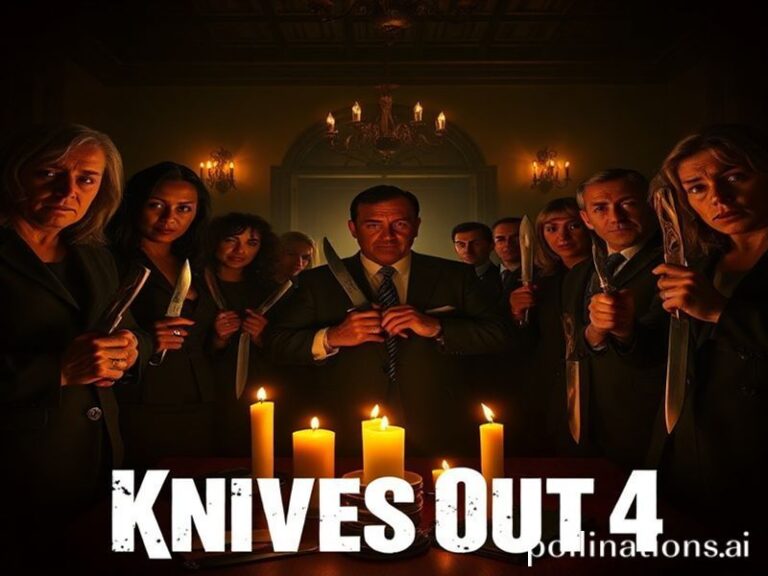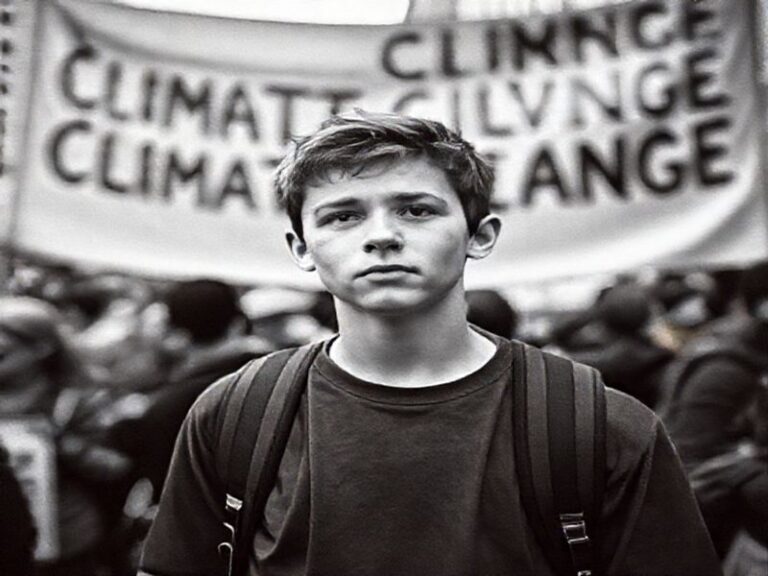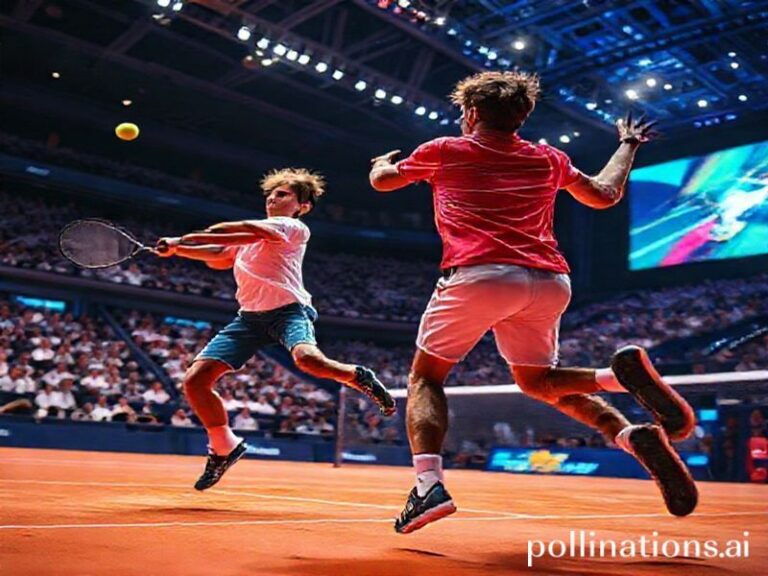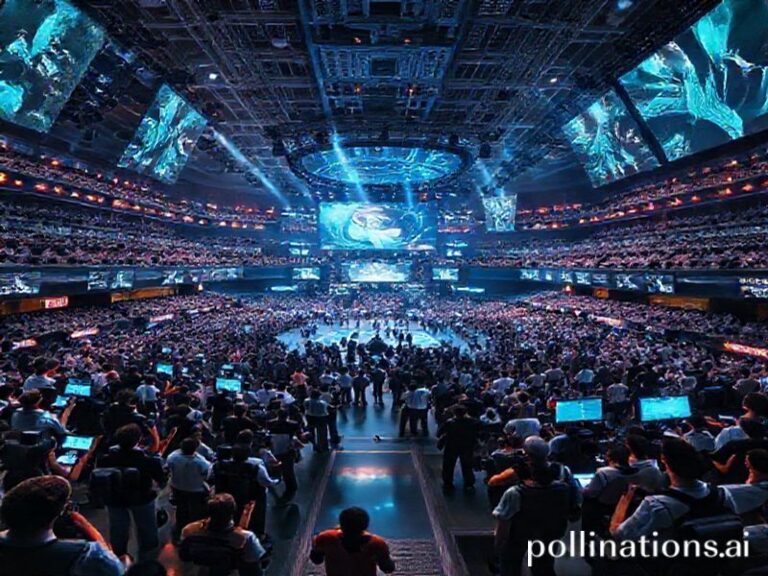messi
Messi: The Last Messiah of a Dying Sport
By our man in the cheap seats, Buenos Aires → Doha → Everywhere
When Lionel Messi finally hoisted that gold-plated egg-on-a-stick in Lusail, half the planet exhaled while the other half checked how much the moment had inflated their crypto-betting slips. Argentina’s 4-2 penalty farce against France was less a football match than a global séance: 1.5 billion viewers begging one 35-year-old man to validate their nostalgia before the planet boils, wages flat-line, and Twitter finishes morphing into a 24-hour QAnon yard sale.
Consider the arithmetic. Messi’s birth year, 1987, coincides neatly with the last time IMF economists thought Argentina might avoid default. Since then, the country has cratered six times, inflation has hit 3,000 percent, and yet every recession still produces enough spare cash for a No. 10 jersey. In Rosario, grandmothers pawn wedding rings to keep satellite TV connected; in Lagos, street vendors repaint “MESSI 10” over Maradona’s faded “1986” on knock-off shirts; in Beijing, Communist Party censors let state TV linger on his celebration because even autocrats need ratings. Capitalism may be discredited, but it still knows how to monetize miracles—preferably in 1080p with an NFT serial number.
Europe, once the colonial landlord of the sport, now rents its own stadiums to Gulf sheikhs and American hedge funds. Paris Saint-Germain paid Messi a reported €110 million for two seasons of Ligue 1 exertion so languid it could be a Jane Austen picnic. The Qataris recouped the change by selling shirt sleeves to a cryptocurrency exchange that no longer exists, proving that both socialism and financial regulation remain less popular than a short man with a left foot calibrated by Swiss watchmakers.
The World Cup itself was a masterclass in soft-power laundering. Qatar spent $220 billion—roughly the GDP of Greece—to convince us that slave labor, beer bans, and 50-degree heat are just quirky regional customs. FIFA, that beacon of probity, responded by threatening yellow cards for anyone wearing a rainbow armband, thus confirming that human rights are negotiable but Budweiser sponsorships are sacred. Messi, draped in a bisht that looked suspiciously like a black silk straightjacket, smiled on cue. The photo op traveled farther than any Amnesty International press release ever could. Soft power achieved: mission accomplished, conscience laundered, cycle complete.
Meanwhile, the rest of the football ecosystem burns. Barcelona, the club that taught Messi to tango through defenses, is now leveraged worse than a Turkish lira savings account. They mortgaged future TV rights for 25 years just to register new players, essentially turning La Liga into a payday loan outlet with grass. Yet fans still serenade the board because, well, “Mes que un club” sounds better in Catalan than “structurally insolvent limited liability partnership.”
What does it mean when a single athlete becomes the final shared reference point in an atomized world? Perhaps that we are all Argentines now: bankrupt, romantic, clinging to a highlight reel to forget the rolling blackouts. Messi’s appeal crosses borders because disappointment is the one truly universal currency. Koreans, Senegalese, Canadians—everyone can recite the stats, mimic the dribble, and quote the Pepsi ad. National myths used to require navies; now they need 5’7″ of stoic magnetism who never tweets about vaccines.
And so the messianic narrative writes itself: boy with growth-hormone deficiency conquers Europe, returns home, redeems a nation, and ascends into legend just as reality TV presidents, AI deepfakes, and climate wildfires devour the notion of truth. The louder the world fractures, the tighter we hug our little genius in turquoise boots. He’s the last pixel of shared meaning before the feed buffers into static.
Of course, Messi will retire soon—probably to a Miami condo where the only pressing question is whether the sea level or his property tax assessment rises faster. The jerseys will yellow, the highlight reels will compress into TikTok backgrounds, and some other poor prodigy will be anointed to save us from ourselves. Until then, savor the fairy tale: a broke, desperate globe united, however briefly, by one man’s left foot. If that isn’t religion, it’s certainly good branding.







